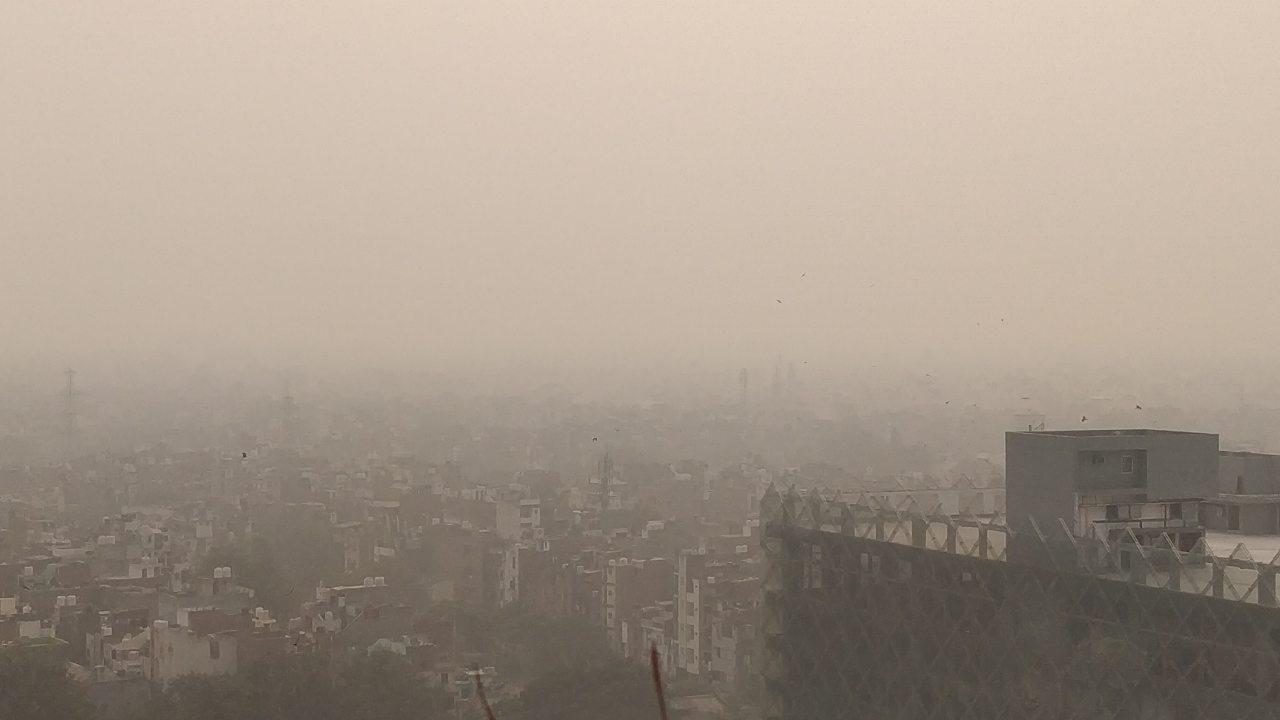Delhi’s overall Air Quality Index (AQI) clocked 213 today as per the latest AQI Bulletin provided by the Central Pollution Control Board (CPCB). In view of improvement in the overall AQI of Delhi since invocation of Stage-III of the Graded Response Action Plan (GRAP) and also considering the meteorological/ weather forecasts by IITM/ IMD, the Sub-Committee for invoking actions under GRAP of the Commission for Air Quality Management in NCR & Adjoining Areas (CAQM) met today to review the current air quality scenario. While reviewing the overall air quality parameters of Delhi-NCR and other aspects, the Sub-Committee noted that forecasts by IMD and IIT-M do not indicate the overall AQI of Delhi to slip into ‘severe’ category in the coming days and is likely to fluctuate between ‘poor’ and ‘very poor’ categories. Therefore, it is felt advisable to relax the stringent restrictions and roll back Stage-III of GRAP with immediate effect in the entire NCR.
The overall AQI of Delhi has improved from the level of 434 (‘severe’ category) observed on January 9, to 213 (‘Poor’ category) recorded on January 15. The preventive measures under Stage-III of GRAP invoked on January 6, (when Delhi’s overall AQI reached 400) might have also helped stabilising the AQI levels thus improving the overall air quality of Delhi-NCR.
Since actions under GRAP especially from Stage-III to Stage-IV are essentially an emergency response and are disruptive in nature impacting a large stratum of society, the sub-committee, accordingly decided to revoke the order issued on January 6 for implementation of actions under Stage-III with immediate effect.
All actions under Stage-I to Stage-II of GRAP shall, however, remain invoked and be implemented, intensified, monitored and reviewed by all agencies concerned in the entire NCR to ensure that the overall air quality of Delhi-NCR does not deteriorate further in the coming days. All implementing agencies shall keep strict vigil and especially intensify measures under Stage I & II of GRAP which include the following:
- Mechanical and vacuum-based sweeping of roads to be carried out on a daily basis.
- Ensure water sprinkling along with use of dust suppressants (at least every alternate
- day) on roads to arrest road dust especially at hotspots, heavy traffic corridors, vulnerable areas (before peak hours) and proper disposal of dust collected in designated sites/landfills.
- Regular inspection and strict enforcement of dust control measures at C&D sites.
- Do not allow coal or firewood including in tandoors in hotels, restaurants and open eateries.
- Ensure hotels, restaurants and open eateries use only electricity / clean fuel gas-based appliances
- Enhance parking fees to discourage private transport
- Ban use of diesel generators except for emergent and essential services and regulate their use for industrial applications


























